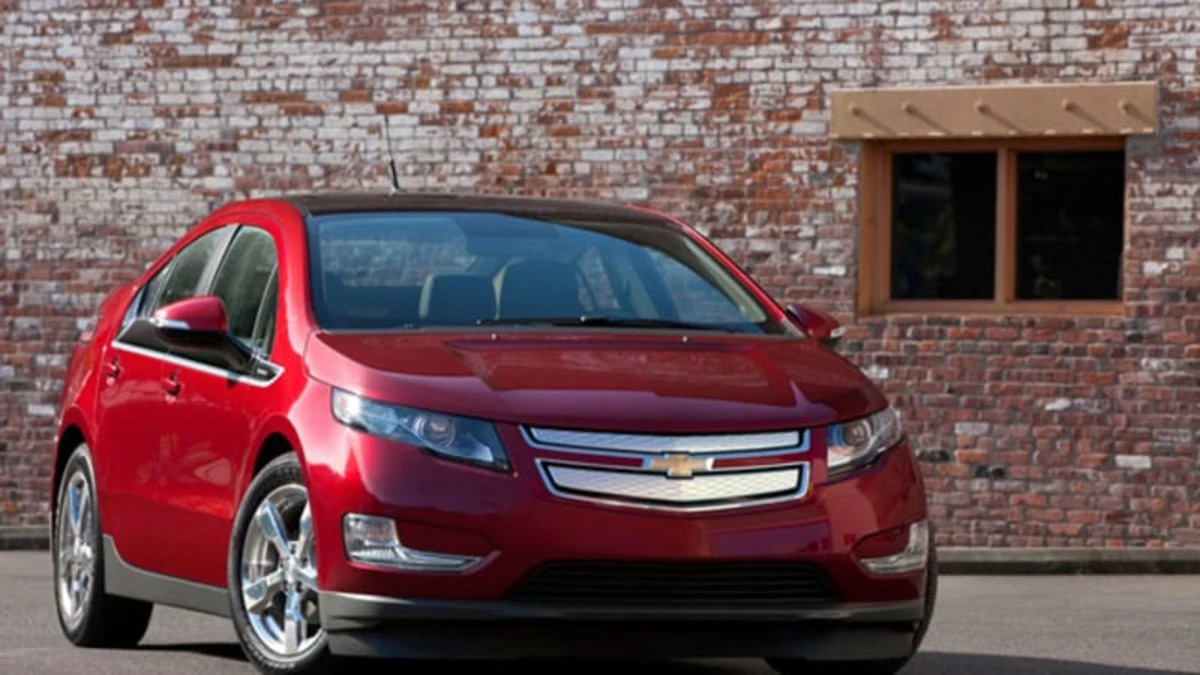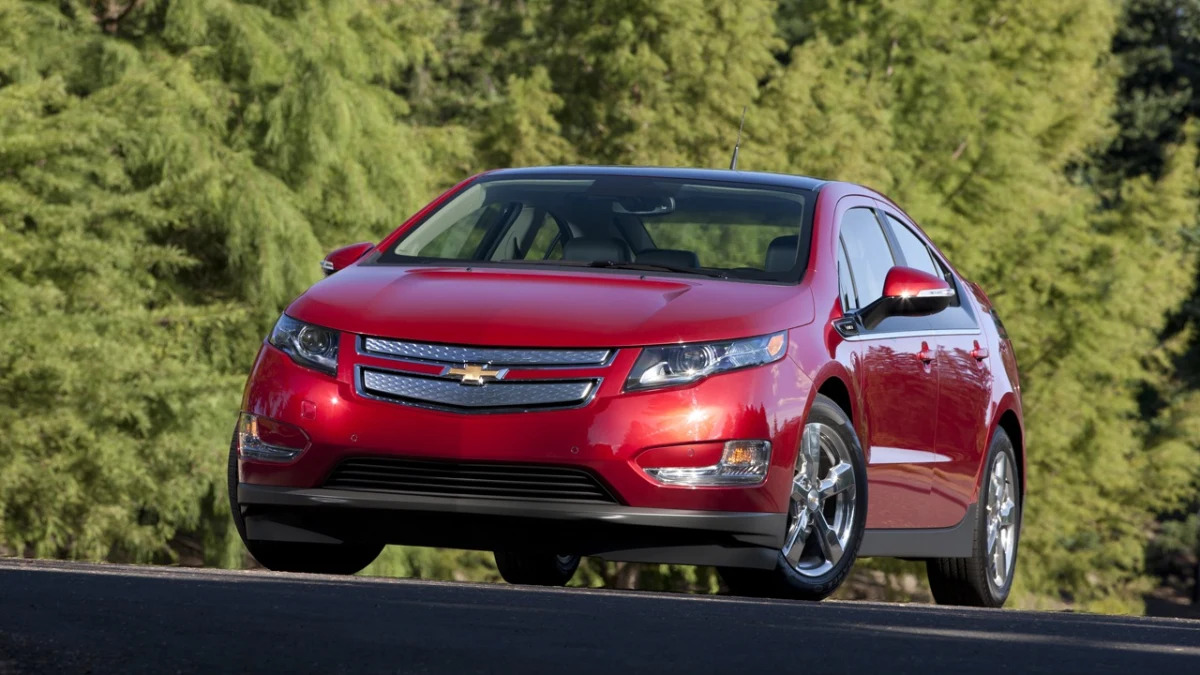2011 Chevrolet Volt – Click above for high-res image gallery
Back in July of 2010, General Motors revealed that the 2011 Chevrolet Volt would be slapped with a base price of $41,000 (including a $720 destination charge, but excluding any plug-in vehicle incentives). While the Volt's price isn't as aggressive as some potential buyers had hoped for, its lease rate of $350 per month for 36 months is nearly identical to the deal offered on the Nissan Leaf.
Buyers willing to wait for the second-generation Volt to debut may see a price tag that's up to $7,500 less than the $41,000 sticker on the 2011 model. According to GM-Volt, The General expects that economies of scale, along with the possibility of reducing the size of the Volt's lithium-ion battery pack, could contribute to a $7,500 price reduction for GM's next-gen plug-in hybrid. GM spokesman Robert Peterson reiterated that the Volt's price will drop over time, stating:
However, Peterson made no specific mention of a $7,500 price cut. At this time, that number seems to be a well-circulated rumor, rather than an actual target set by GM. If it's an actual target, it makes some sort of sense: the maximum federal tax credit is worth $7,500, and it is set to expire for GM after the automaker sells 200,000 qualified vehicles.As with any new technology - from plasma TVs to cell phones - the production costs lower with learnings gained with each generation. We expect to see similar cost savings, either through the development or improvement of technologies, or reduced production costs.



Sign in to post
Please sign in to leave a comment.
Continue